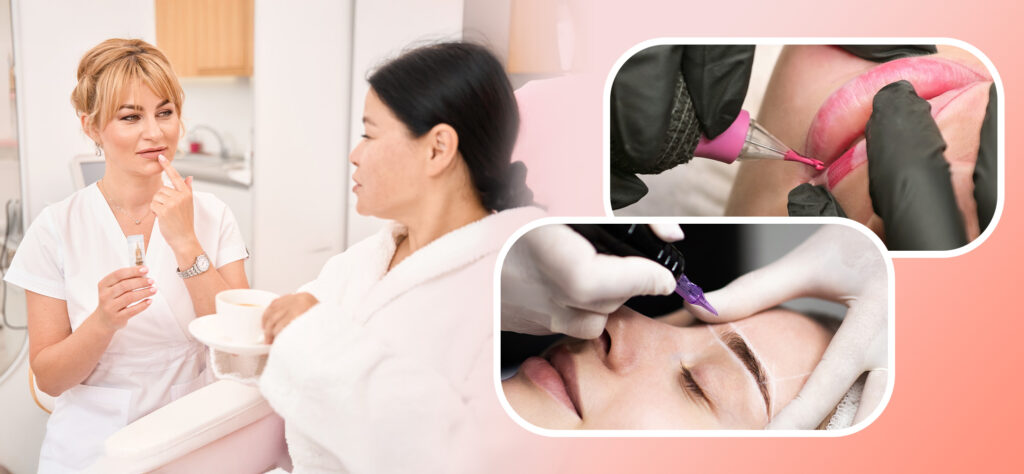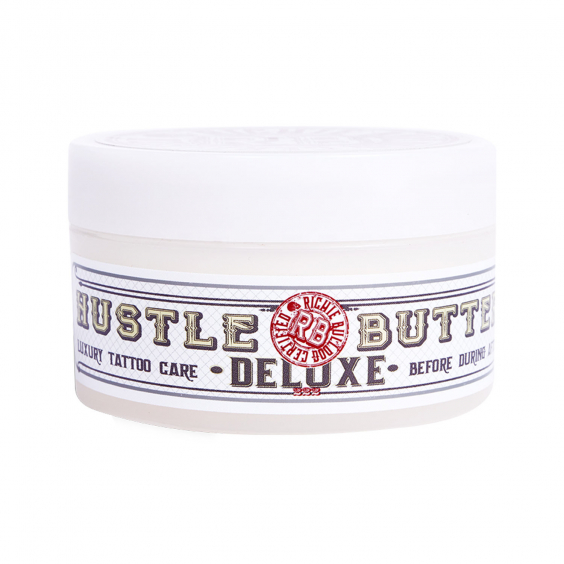Discomfort Management in PMU: Best Practices for Ensuring Client Comfort
One question you might get asked a lot as a permanent makeup artist is ‘Does permanent makeup hurt?’. And really, there’s no easy way to answer that because everyone will find the experience different. However, there are some best practices you can follow to ensure client comfort!
In this helpful blog, we provide some tips and advice on discomfort management in PMU so you can make it the best possible experience for you and your clients!
Ensure a Thorough Consultation Process
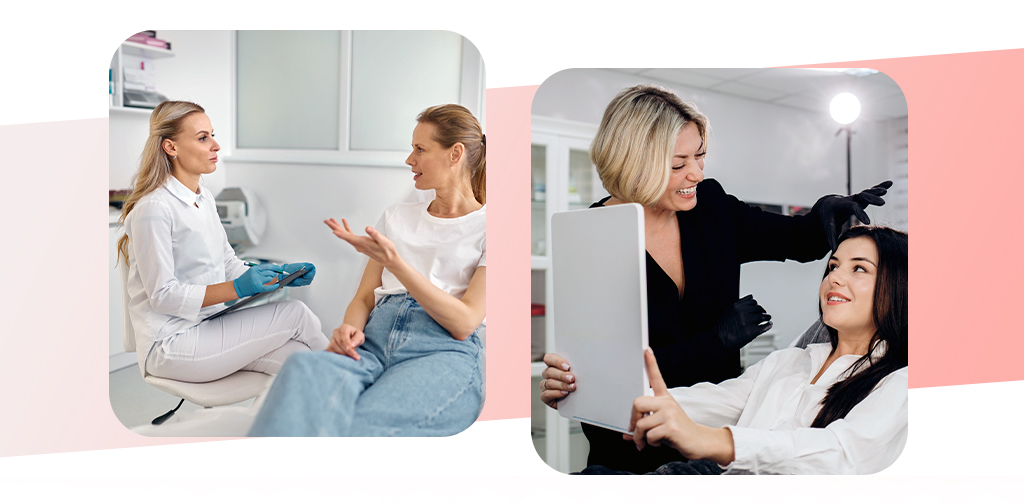
Ensuring client comfort starts from the very initial consultation you have with them. You should provide information to help your client fully understand what to expect before and during the treatment, as well as after to promote a healthy healing process. It’s also important to recommend a good pre-care and aftercare routine to reduce any discomfort.
You can make sure your consultation with clients covers all the bases including discussing the type of look your client wants, the techniques that will be used to achieve this look, such as machine or microblading, how long the treatment will last, and whether top ups will be required later.
It’s really important to create a safe and judgement-free space so you can open up an honest dialogue for clients to ask as many questions as they need.
The consultation process is not only a good opportunity to provide clients with all the information they need to make an informed decision, it can help you understand whether they’re confident and ready to commit to permanent makeup. Remember, you can always turn a client away if you feel your client isn't ready or doesn't understand what they are committing to.
For more tips on how to level up your consultation process, watch our video featuring Emily Bartle-Haigh from BrowJam!
Managing Client Expectations
It’s important to manage your clients’ expectations of the permanent makeup procedure they’re going to undergo. Discussing what to expect at each stage of the process with them can help.
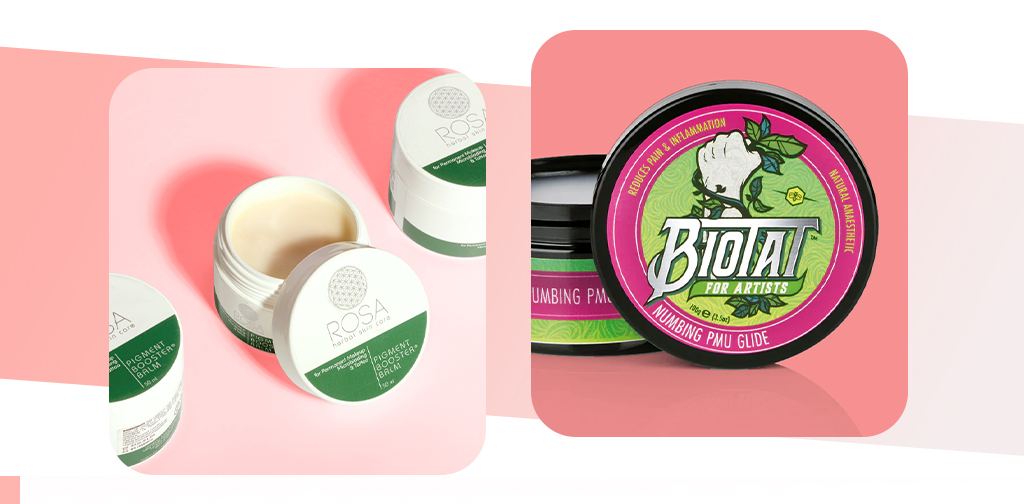
For example:
- Before the appointment: Discussing what the client will need to avoid or do to prepare the skin and ensure pigment longevity and beautiful healed results. For example, you should inform clients that they need to avoid alcohol and caffeine as well as direct sun exposure prior to treatment and for a little while after.
You could also use Rosa Herbal Pigment Booster Balm to help ensure the skin is in the best possible condition for treatment and aid pigment implantation.
- During the appointment: Your client might want to know how long the procedure will take and what pigments and supplies are going to be used. Discussing the products you’re going to use can help you understand whether they’re suitable for the client’s skin type, i.e. do they have sensitive skin?
You can also discuss the possibility of using natural numbing creams and gels to minimise discomfort.
- After the appointment: Giving your client an idea of what they’ll need to avoid after the appointment to ensure hygienic and beautiful healing. You can also discuss aftercare products to use and provide them with a routine to follow to ensure the treatment site heals well.
Investing in your PMU Education
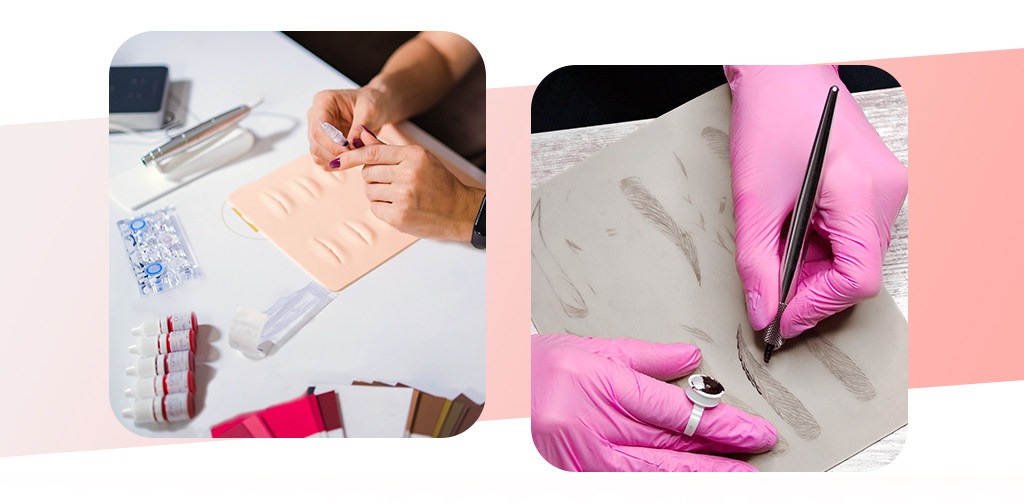
Prioritising your PMU education is so important for ensuring you’re delivering safe and hygienic procedures to clients. There are several risks for carrying out PMU treatments without proper education and training, such as an increased risk of practising poor hygiene leading to infections and complications and providing inconsistent results that result in client dissatisfaction.
As such, you should ensure you’re educated on the following to minimise discomfort for your client:
- Using the correct equipment
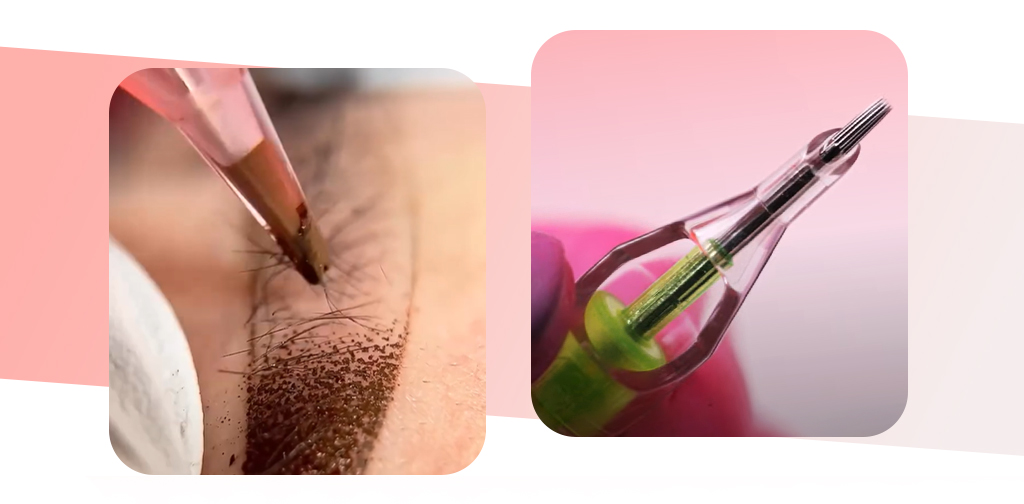
Making sure you have the right equipment, such as the right needle cartridge for the specific PMU treatment, can help make the procedure more comfortable.
For example, a cartridge with a Long Taper is less traumatic on the skin and may be less uncomfortable during the procedure than a Short Taper cartridge.
- Using natural numbing products if required
At Killer Beauty, we stock a range of numbing products created with natural ingredients designed to reduce discomfort during the PMU procedure.
For example, BIOTAT Numbing PMU Glide can be used during and after treatment to help reduce redness and swelling and the UNISTAR InkCarnation Numb can clean and provide natural numbing to the skin throughout treatment.
- Recommending suitable PMU aftercare advice and products
Making sure your client has a good aftercare routine is super important for minimising their discomfort and ensuring beautifully healed results. Hustle Butter Deluxe is perfect for keeping the freshly treated site calm, cool, and hydrated as well as reducing redness, swelling and bleeding.
By following these best practices, you can help ensure your clients have a more comfortable and positive PMU experience.
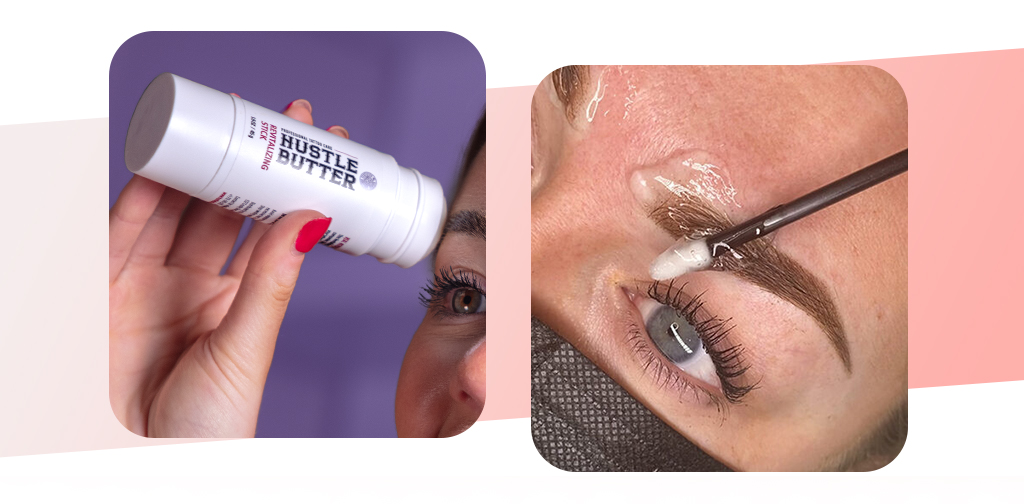
From thorough consultations to managing expectations and using the right products, every step plays a role in minimising discomfort and achieving beautiful results. Prioritising your PMU education and staying up to date with the latest techniques and aftercare solutions will set you apart as a professional and help build trust with your clients.
Ultimately, clear communication and a client-focused approach will make all the difference in creating a smooth and stress-free PMU journey!
